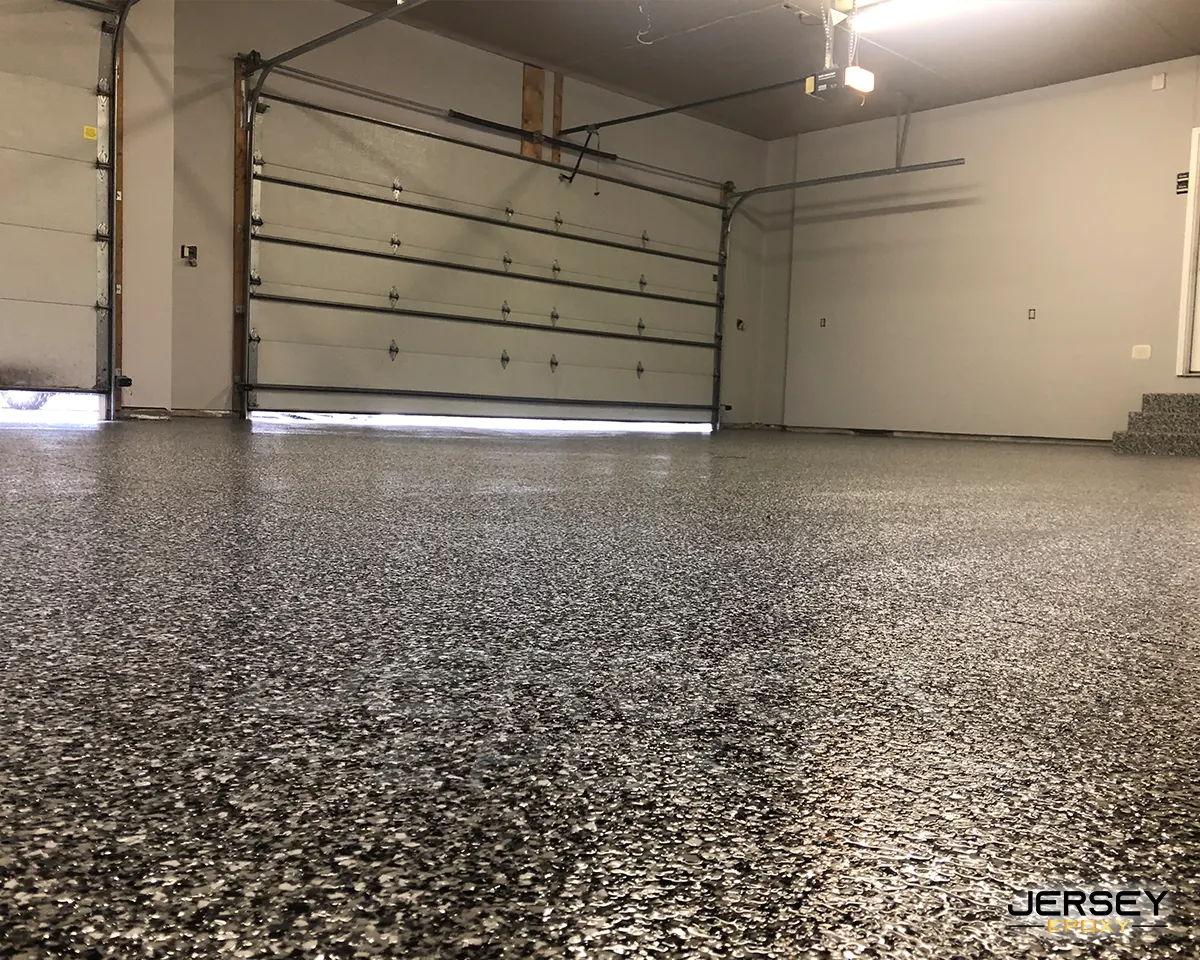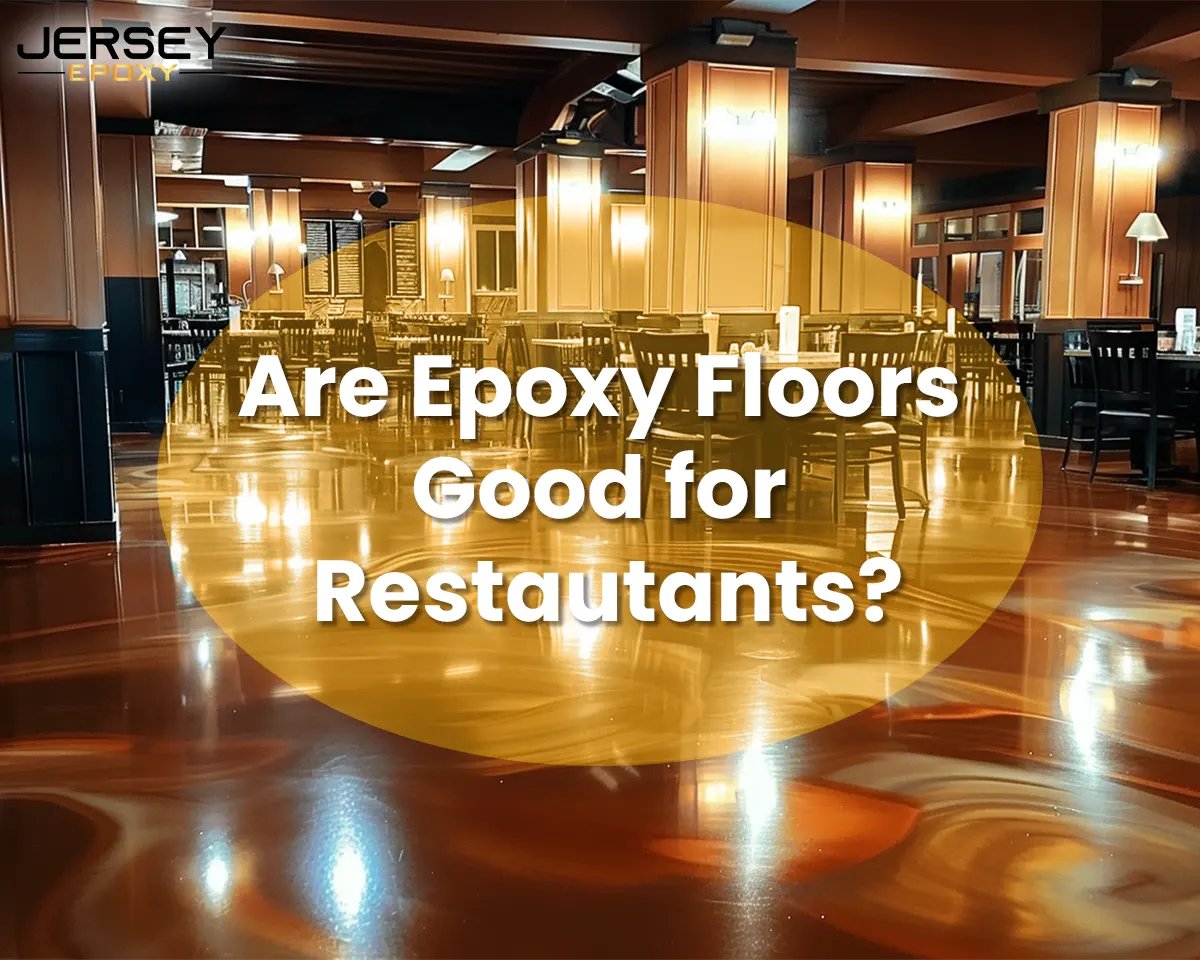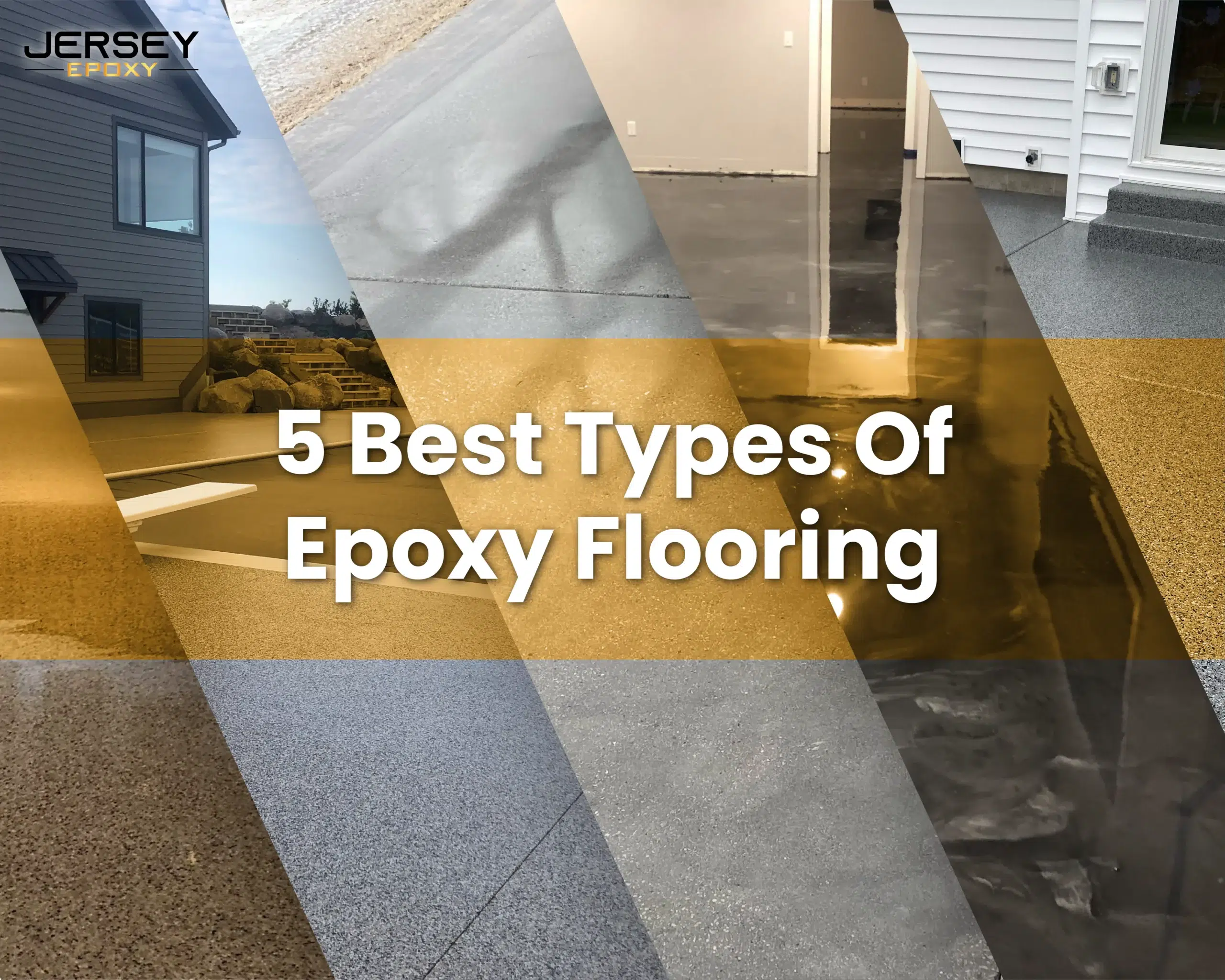
The Complete Guide to Epoxy Installation in Dust-Sensitive Areas
Table of Contents The Complete Guide to Epoxy Installation in Dust-Sensitive Areas Epoxy flooring transforms
Young children with vivid imaginations will speak, with convincing assurance, of monsters lurking in the dark and damp home basement when hearing the ‘ROAR‘ of the home heating system going on and off. The home basement can be ‘scary’ for ‘kids,’ and an unfinished, non-insulated home foundation can also put off those of adult stature.
A non-insulated basement floor can make the heating system work harder to keep upper floors warm, are prone to moisture or dampness that breeds mold and mildew, and can bring an ‘unhealthy air quality’ known as VOCs (Volatile Organic Compounds) that can occur with stored paints and other chemical products, along with the possibility of radon gas entering the home via cracks in the concrete flooring or basement walls. Stagnant air movement due to limited windows can cause dust to collect and rise into the happy home space via heating vents, bringing respiratory problems and allergies. Dust also breeds dust mites, microscopic ‘monsters,’ closely resembling ticks, chiggers, or spiders that grow in the warm, humid settings of a non-insulated basement with cold concrete flooring.

It’s time to rise above the ‘basement monsters’ — imagined or real, with a basement renovation project. The first consideration in renovating the basement is updating the cold, damp, dusty concrete floor with an epoxy-coated basement floor.
While an epoxy-coated floor can be costly, the value is found in the durability of the flooring, resistant to the wear and tear that comes with traditional vinyl or laminate tile floors. Epoxy-coated floors for the basement will not chip, crack, dent, or scratch when appropriately installed by an experienced epoxy contractor. Properly maintained, an epoxy coated basement floor can last twenty or more years!
The epoxy basement floor bonds seamlessly to any existing floor surface, wood, tile, or concrete. However, there are preparation details that are necessary for a successful floor installation, and why wise homeowners seek out the experienced contractors found at Jersey Epoxy!
An epoxy-coated basement floor can boost brightness by up to 300 percent because the smooth surface reflects the ceiling light.
Basements are, by nature, damp places. Basements are prone to flooding when excessive rainfall occurs, a basement pipe bursts, or the washing machine overflows. The epoxy coating on a basement floor shields the concrete subfloor from moisture and the formation of mold and mildew. An epoxy-coated floor in the basement protects the underlying concrete floor from being damaged and weakening the structural integrity of the home foundation.
Any spills on an epoxy-coated basement floor of paint, paint thinner, or household or laundry cleaning products will not cause deterioration of the floor or leave a stain.
The nature of epoxy coating for floors is that it is poured. There are no seams, joints, or ridges, as can be found with traditional vinyl, laminate tile, or wood flooring. An epoxy-coated basement floor eliminates the dreaded ‘microscopic monsters’ that hide in crevices or cracks.
The degree of thickness of an epoxy basement floor makes for resistance to cracking when objects are dropped onto the floor. The smooth, high gloss of basement floor epoxy reflects light well, bringing greater visibility to the vast basement area. The moisture-resistant nature prevents the growth of bacteria, mold, and mildew. Such basement floor covering is heat and fire-resistant up to 200 degrees Fahrenheit, with upgrades possible to higher-grade epoxy. While epoxy basement flooring is water resistant, if water collects on top of the floor, anti-slip aggregate can be added to ensure the smooth, shiny surface does not bring feet to slip. The correct epoxy solution for a floor requires consultation with a certified epoxy floor installer.
A concrete floor can have a rough texture and is susceptible to chipping, which is the cause of dust. With the addition of an epoxy coating to the basement floor, any dust on the smooth and shiny epoxy basement floor is easily seen and quickly mopped with simple soap and water or swept away. Epoxy basement floors can also be vacuumed — since such epoxy-coated floor does not scratch. Chemical components from paint spills, oil, or grease do not adhere to an epoxy-coated floor.
An epoxy floor coating can come in various colors and designs that transform an otherwise ‘bland,’ dark, and ‘scary’ basement! Solid colors, varied textures, metallic, decorative flakes, or terrazzo flooring with the look of marble or granite are choices that will bring new life and light to your basement area.
A solid epoxy coating placed onto a floor is the thickest of epoxy solutions and is not composed of water or solvents, and thus free of VOC’s, Volatile Organic Compounds. Warm, soapy water wipes an epoxy basement floor clean, so there is no need for those harsh chemical cleaning solutions that can inflict havoc on the environment. Epoxy resin is a synthetic product that spares cutting down trees, as is done for manufacturing hardwood flooring. Because epoxy resin can be recycled, it does not lay in landfills like vinyl and laminate tile. Also, the epoxy coating can be placed over existing concrete, wood, or vinyl floors, avoiding having to dispose of old flooring material. Manufacturing of the synthetic epoxy resin polymer material uses raw ‘plant based’ resin material, widely available and renewable.
So, with knowledge of the ten benefits of an epoxy basement floor, it is time to ‘step up and out’ of the damp, dim, and dark basement and consult the professional contractors of Jersey Epoxy.

Table of Contents The Complete Guide to Epoxy Installation in Dust-Sensitive Areas Epoxy flooring transforms

Table of Contents Epoxy Flooring For Your 2-Car Garage There are many commercial flooring options

Table of Contents How Long Does Epoxy Last in Commercial Settings? There are many commercial

Table of Contents Flaked Epoxy vs. Metallic Epoxy vs. Polished Floors Epoxy is one of

Table of Contents Are Epoxy Floors Good for Restaurants? For many restaurant owners, finding acceptable

Table of Contents 5 Best Types of Epoxy Flooring When it comes to one-of-a-kind epoxy

We are dedicated to catering to you with the finest quality Epoxy Flooring that fulfills the need of your Residential, Commercial, Retail, or Industrial Flooring project.